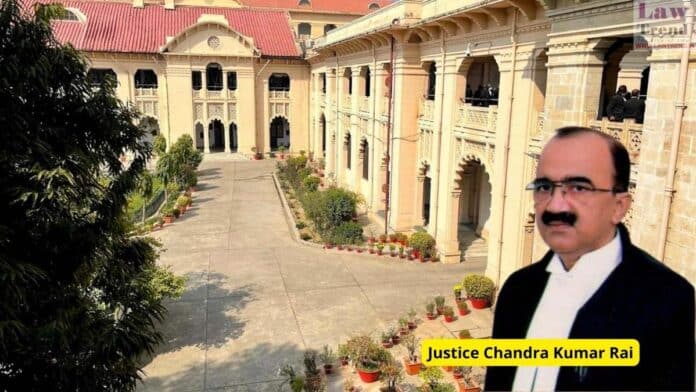In a significant ruling, the Allahabad High Court has dismissed a long-pending writ petition filed by the Uttar Pradesh State Road Transport Corporation (U.P.S.R.T.C.), mandating it to pay substantial arrears of wages to the heirs of a deceased conductor, Hari Shankar Verma, whose service termination was controversially overturned by a Labour Court. The case highlights
To Read More Please Subscribe to VIP Membership for Unlimited Access to All the Articles, Download Available Copies of Judgments/Order, Acess to Central/State Bare Acts, Advertisement Free Content, Access to More than 4000 Legal Drafts( Readymade Editable Formats of Suits, Petitions, Writs, Legal Notices, Divorce Petitions, 138 Notices, Bail Applications etc.) in Hindi and English.




